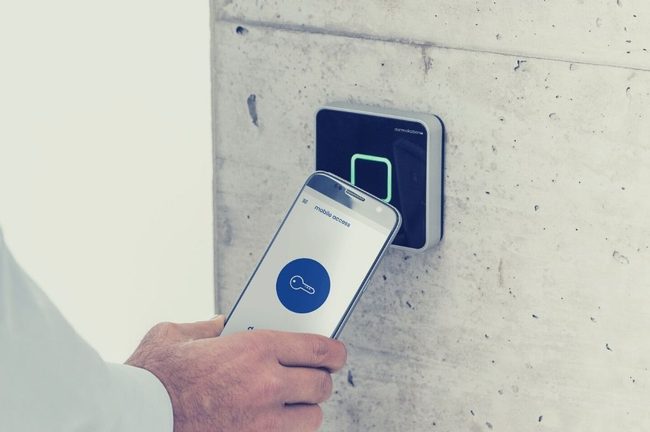Doorknobs are among the most touched items in day-to-day life, especially in public spaces like offices, hospitals, or educational institutions. The high intensity of human traffic in these places mean people might be depositing a large volume of harmful bacteria or viruses on doorknobs.
Infections small and severe, such as common cold, E-coli, Staphylococcus, Aurea’s, as well as fungal and viral infections including various forms of coronavirus like COVID-19, can be present on doorknobs. Even though the longevity of every virus and bacteria is unique, some can survive on indoor surfaces for more than seven days.
According to the World Health Organization (WHO), every year, millions of people worldwide die of infectious diseases. Even though mortality due to these diseases is a complex phenomenon, many could’ve been prevented with hand hygiene.
The Role of Doorknobs
Most recently, concerns over COVID-19 sparked debates about the hygiene challenges that doorknobs might be posing. Some investigations into the lethal disease found the coronavirus on doorknobs.
Laurie Garrett, a veteran science journalist, has been covering infectious diseases around the world like SARS or Ebola for decades. Especially during viral outbreaks, Ms. Garrett urges people to remain meticulous about hand hygiene and also be mindful of the doorknobs.
Good Hand Hygiene Eliminates COVID-19 Risks
“If it’s possible to open and close doors using your elbows or shoulders, do so,” she wrote on Foreign Policy on a piece about the coronavirus.

There’s a universal agreement within the medical and public health communities that keeping one’s hands clean is the single most effective measure against many infectious diseases — and COVID-19 is no exception. Hence, the WHO recommends everyone to “frequently clean hands by using alcohol-based hand rub or soap and water”.
Even though no technology can substitute good personal hygiene, some innovative entrance solutions can boost it. With the right entrance systems, people don’t have to resort to uncomfortable postures like opening a door with shoulders or elbows.
Handling Doors Without Hands

Hence, especially high-traffic buildings like public institutions, offices, or hospitals can reduce infection risks by installing sterile entrance solutions like automatic sliding or swinging doors.
These responsive doors use smart sensors to determine when to open or close, eliminating the need for handling a doorknob. Some of these entrance systems might even tap into radio remote control or facial recognition tools to open.
Other items in the ecosystem of an entrance can help too: Especially in hospitals and medical institutions, hand sanitizer dispensers placed next to door handles are also becoming an increasingly common sight. As some material scientists are working on developing “self-cleaning” surfaces, these technologies might become more prevalent in buildings of the future.
Prevention is Better Than Cure
Hands are the main path of germ transition, just like the doors provide the primary access to a building. The right entrance solutions can reduce the risk of infectious diseases by minimizing human contact with doors.
The ongoing pandemic due to COVID-19 is an unprecedented global health challenge that requires complex sets of solutions to globally tackle. A challenge like this calls for all sectors from medical research to supply chain industries to collaborate and play their parts in eliminating the COVID-19.
There’s no doubt that the residents of this ever-smaller world will keep interacting with each other, exchanging ideas and perspectives — but sometimes bacteria or viruses. However, the right preventive measures will ensure that their human and economic consequences of the latter are minimal.
Even though the doorknobs are far from the only way people can catch illnesses like COVID-19, optimizing them is among a complex set of solutions to improve public health holistically.







